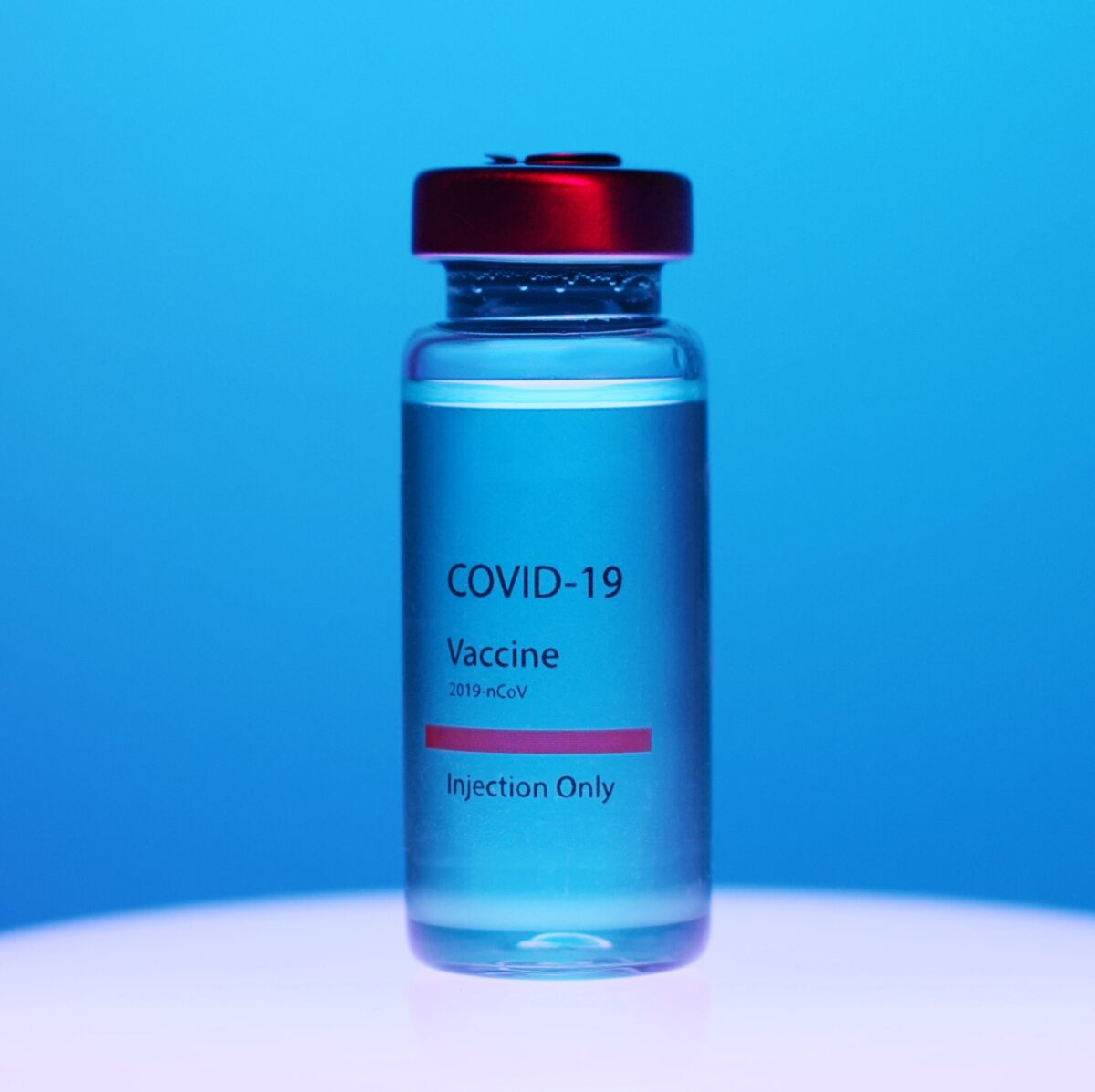Image: Pexels
Coronavac bir inaktif virüs aşısıdır. Pfizer-BioNTech COVID-19 aşısı kabaca lipid nanopartikülleri ile çevrelenmiş spike proteini antijenin kodunu taşıyan modifiye mRNA’dan oluşur. Aşılanmış olan bireylerde Sars-Cov-2 virüsüne karşı oluşan bağışıklık zaman içersinde azalmaktadır.


